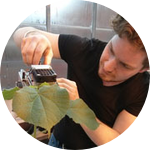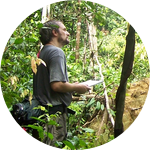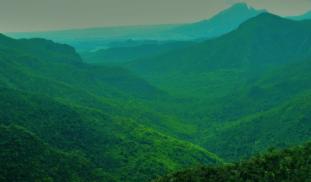Please wait...
About This Project
The tropical forests of Mauritius, once home to the famous Dodo, currently face another threat of multiple extinctions due to the invasion of strawberry guava which inhibits the growth of native plants by producing allelochemicals. Biochar (charcoal used as soil amendment) can absorb the allelochemicals given off by strawberry guava. We plan to conduct a field study in Mauritius to determine whether biochar can reduce the inhibitory effects of strawberry guava on endangered endemic plants.

Browse Other Projects on Experiment
Related Projects
Worms at Work: Scoping Natural Carbon Sequestration at Scale
For centuries, scientists noted earthworms' exploits as ecosystem engineers. Recent research shows the feasibility...
Whales as oceanographers: Developing multi-sensor tags for improved understanding and management of critical habitats
Limited oceanographic data prevent accurate prediction of whale foraging hotspots. To address this, we will...
Communities perception and monitoring of ocean acidification in the Douala-Edea national park (Cameroon)
This project will help us to evaluate the vulnerability of clam fishing to ocean acidification (OA) in the...





